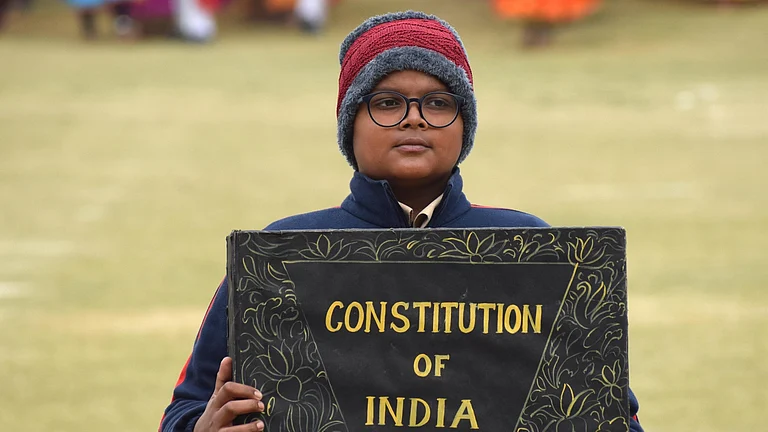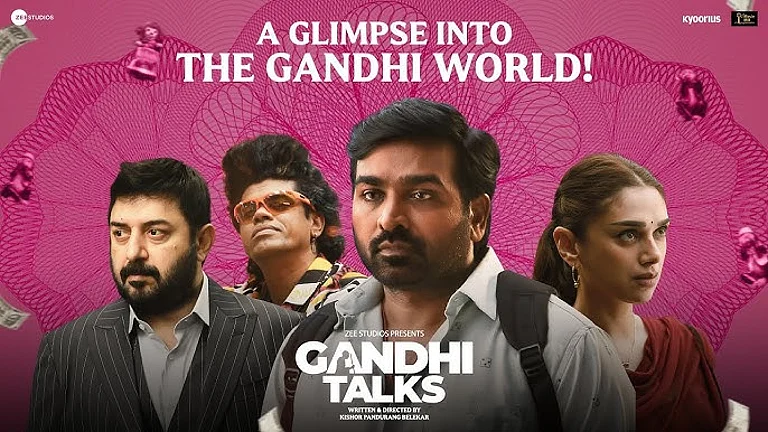Lineage
My great-grandfather was a well-known
line maker, one of three Indians to draw
the border separating his home in Lahore
from our lives to come. In those secret
months, his old city watched him, eyes full
of questions about nations being birthed
and dying. My grandmother is still proud
of his secrecy, the way he did not even tell
his children, so that when the news came,
they too bundled possessions and crossed
the new line their father had helped draw
with guns (some of the family died, others
would talk of looking constantly at death).
In the new India, they set down roots
in a city of forests and boarding schools
I am now inheriting. Yesterday, walking
down Mall Road, my eyes swallowed, slowly,
the giant tricolor hovering over old British
buildings, a new orange Hanuman towering
over Christ Church. For a brief moment,
my throat caught in pride, then sorrow,
We made this home, and now, new lines?
My mother had tendonitis
like her mother before her. I was meant to
have my grandfather’s hands, not the one
who used a rusted knife to carve more life
into the lines on his palm. But the other,
not-biological one who carved driftwood, nursed
saplings into fruit, sometimes cooked us Chinese
food (when he was dying, the doctor remarked
on the strength of his grip). I run clay, not sawdust,
through these palms, trusting them when the rest
of my body fails. Today, as I borrow my mother’s
fraying wrist brace, I become most certainly her
daughter. This, too, is what legacy looks like, this blue
too-tight glove, simultaneously support and stifle.
This woman, praying
to a djinn in a cave of sleeping bats
-- she is my city, an accumulation
of dents, six missing stones, incense-
blackened walls in medieval mosque,
a mix of emperor edict and stray dog.
I count my joints, the places inside me
that bend, twist, crack open. What is a city
but a constant encounter with one’s own
fragility, the many ways a life can break?
This woman is alive in a cave of sleeping,
her head bowed, her faith spanning
centuries, scaring authorities that insist
on history as mere backdrop. This woman is
continue. She is my city, an accumulation.
(At Ferozshah Kotla, November 2018)
Aditi Rao is a writer, teacher, potter, and narrative practitioner.





















